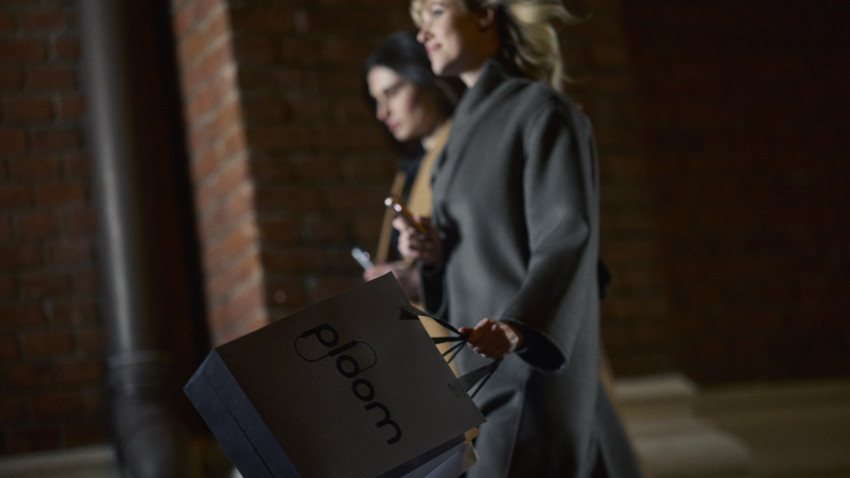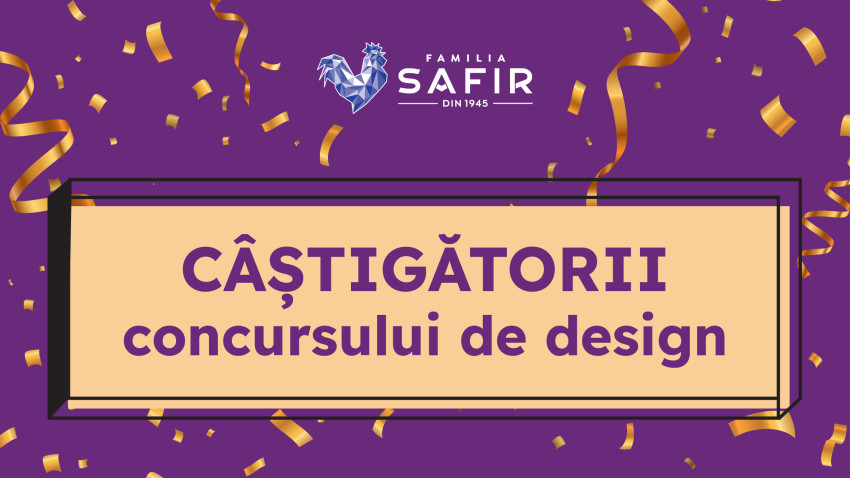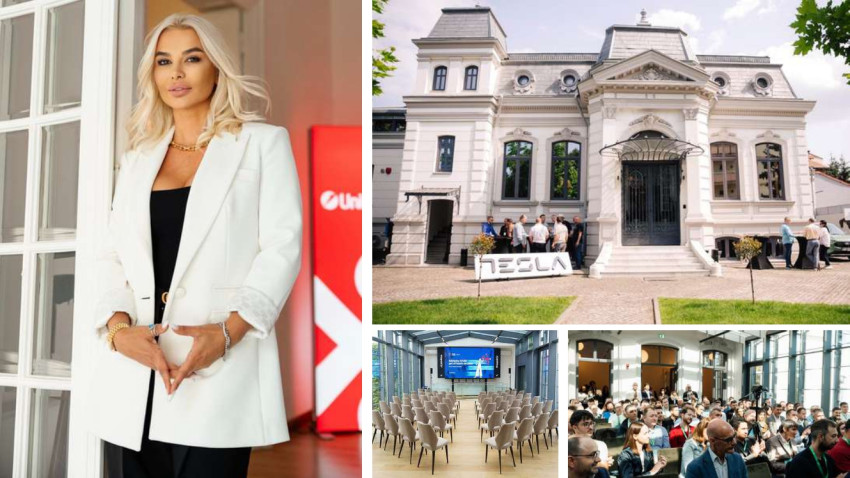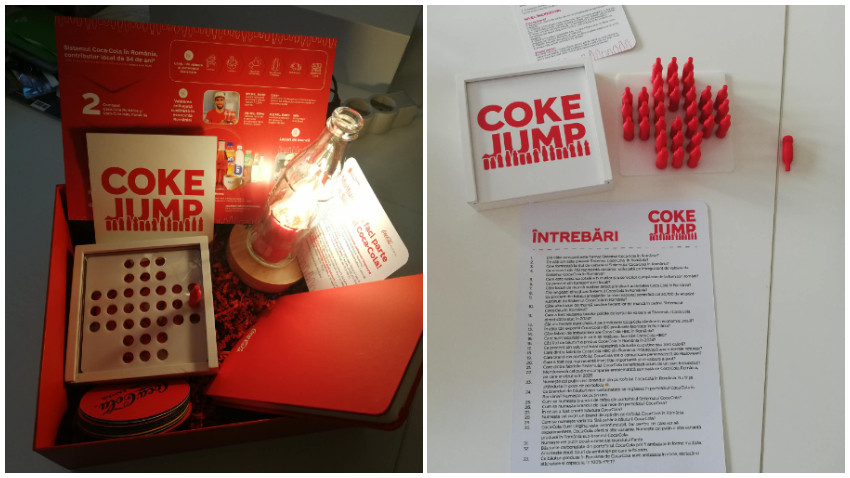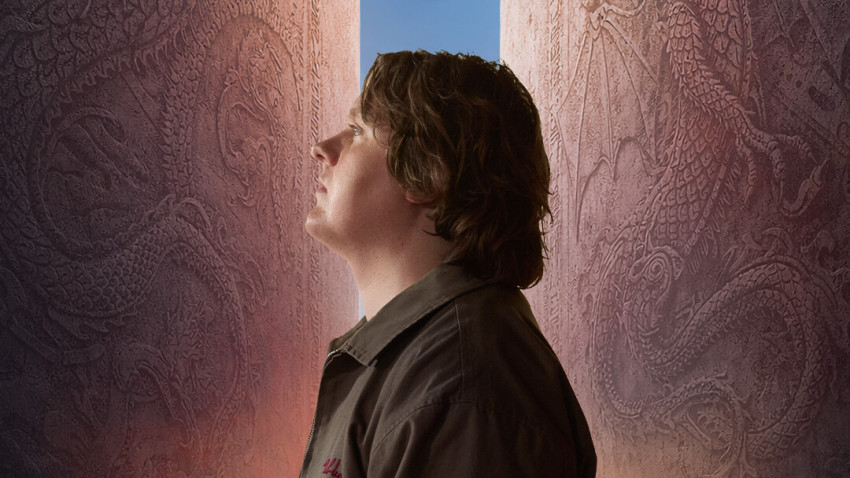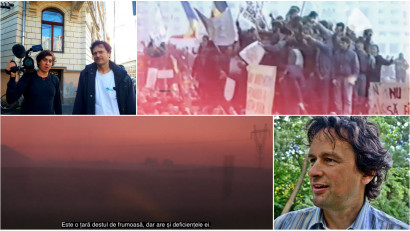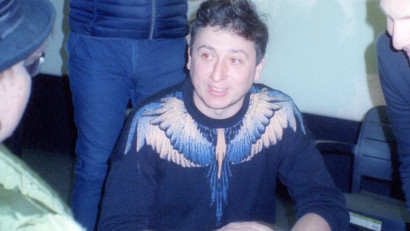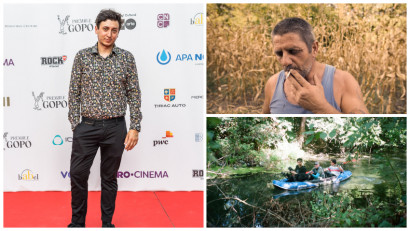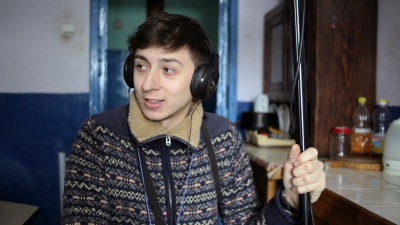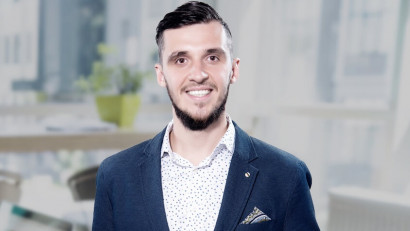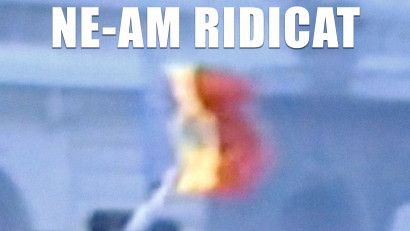”We have risen: România, 1989-2019” is the name of Mihai Dragolea's documentary, in which journalist Rupert Wolfe Murray tells the story of Romania and its 30 years of freedom. It is a film about transition and also about the present, a review through the eyes of a foreigner who came back to Romania 30 years after the Revolution.
Rubert, the cameraman Laurențiu Mihai and the director Mihai Dragolea had traveled 2000 kilometers to see what has changed and what stayed the same in Romania. From the places that Rupert visited in 1990, in Timisoara, where the Revolution started to Ionaseni, where Rupert participated at the reconstruction of an orphanage, or to Ciugud, an eco-village in Alba County.
The film is a way to remind Romanians that they did something great with their revolution and they should be proud of it.
What always amazes me is when Romanians tell me that 1989 "wasn't a real revolution". This makes no sense to me as December 1989 was a total change of economic/political system and it was the result of a popular protest in Timisoara.
After the Revolution
The film was initiated by Mihai Dragolea, a Romanian film director who tried to view the events that happened 30 years ago through a new perspective. Mihai was interested in my experience in Romania since 1986 as well as the footage of Laurentiu Calciu, a great filmmaker with whom I produced a film about the revolution in 2010; based on material he shot in the early 1990 and we turned it into a film called After the Revolution/Dupa Revolutie.
It happened quite fast for a documentary film production: once it got a green-light it came together in about six weeks.
The story
The idea was to cover the various issues I've worked on since 1989 – journalism, filmmaking, humanitarian aid work, EU project management, one of which resulted in a national Roma/gypsy strategy, helping Romania get into the EU, child rights, addiction issues and helping produce films about child trafficking – and find current day people to interview and bring these issues up to the present. But, as is normal for this type of production, there was too much material and we also met all sorts of new people during the actual filming – which was good as it was made with a spirit of spontaneity. The only problem is that we interviewed some people, got some great material, that wasn't used.
What did you discover about Romania
The most interesting thing I found was the eco-village in Alba County: Ciugud. It was great to see what is possible with EU funds if you have leadership and the capacity to apply for and manage these funds, as well as execute projects. What's sad is how few local councils have developed this capacity, mainly because they refuse to accept the advice of consultants like me who have useful experience – even when we offer it pro bono.
The biggest surprise for me was how many positive people there are in Romania. Maybe this was the "Timisoara effect" where this seems to be particularly true. In my experience, mainly in Bucharest, Romanian people can be very fatalistic and negative; this is really great news for me. For me, having an optimistic outlook on life helps me overcome all problems.
The locations
We had three types of locations: firstly the main locations of the 1989 revolution – Timisoara and Bucharest; secondly the village in Botosani where I used to work in a kids home and with the Roma minority; and thirdly the "model" village of Ciugud in Alba where they show a great success story of what can be done with EU funds and sensible management.
The people
We had two types of people: ones that I had worked with over the last 30 years, on child protection and Roma issues; and people we didn't know who had valuable experiences in the revolution and in that model village. Plus there were people we met spontaneously, like a young kid on the train (in Botosani) who spoke very fluently.
The biggest changes
The biggest gain Romania had made since the revolution is freedom. People are now free to travel, work abroad, do what they want, set up businesses, say and think what they want, believe what they want and live in whatever way that they want. The problem with this is that they don't appreciate this gain. I think the biggest loss was some of the Communist-era factories were privatised and closed down in too much of a rush, losing a lot of industrial capacity. I think they got some very bad advice from consultants from the UK and the USA. But the railway network is an example of an old industrial heritage that is extensive (the biggest in SE Europe) and could still be preserved, but will probably have to be closed as it's so neglected – and only then will Romanians realise what they've lost.
Why is this film necessary
This film is necessary because too many Romanians are not aware of the tremendous risks that many people took in standing up to a brutal regime and managing to bring it down. It was a great achievement and the fact you have a functional democracy is also a great achievement you should be proud of (not that it’s a good democracy). It is necessary to remind young people, in fact all Romanian people, that they did something great with their revolution and they should be proud of it.
A real revolution
What always amazes me is when Romanians tell me that 1989 "wasn't a real revolution". This makes no sense to me as December 1989 was a total change of economic/political system and it was the result of a popular protest in Timisoara. The fact that a group of ex-Communists took power soon after doesn't mean that it wasn't a revolution – it was.
Every revolution ends in a bunch of ruthless crooks taking over but the point of it was that the system was changed by popular protest and not a military clique (a coup d'etat). Romanians should be proud of their revolution, even though it didn't solve their long-term problems of corruption and poverty.



